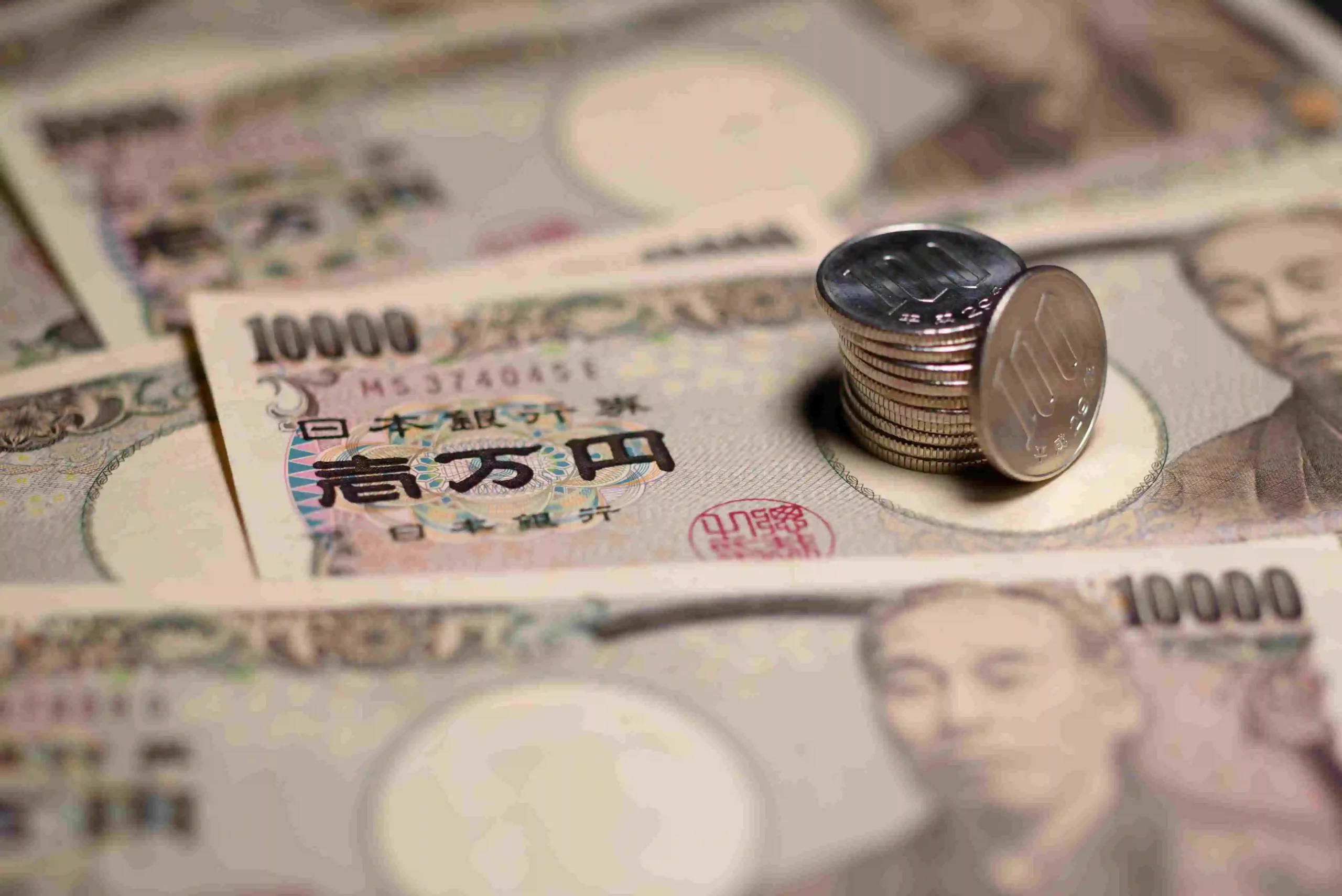The Japanese yen surged against the dollar following Bank of Japan (BOJ) Governor Kazuo Ueda’s remarks.
His comments hinted at a possible departure from the bank’s negative interest rate policy. The yen reached a four-month high, indicating market anticipation of policy change.
Ueda’s discussion about monetary issues with Prime Minister Fumio Kishida further fueled the rise of the yen.
This led to the yen reaching a four-month high against the dollar, briefly touching the 143 level in New York.
This meeting and Deputy Gov. Ryozo Himino’s statement led to speculation about the BOJ’s policy shift.
Himino suggested that moving away from negative rates would minimally impact Japan’s economy.
The yen’s rally was its largest in nearly a year. Ueda’s hint at targeting different interest rates in positive territory sparked market reactions.

Karl Schamotta, a chief strategist, described these comments as boosting bets on Japan’s shift to positive rates.
The dollar index faced pressure from the rising yen, which climbed nearly 2% to its strongest point in three months.
The euro also experienced a significant weekly fall, influenced by interest rate expectations and caution before the U.S. non-farm payrolls report.
The European Central Bank (ECB) prepares for its final meeting of 2023, while the U.S. Federal Reserve is expected to hold rates steady in its upcoming meeting.
Futures markets show a 60% chance of a Fed rate cut by March.
This situation highlights the global financial markets’ interconnectedness and the profound impact of central bank policies on currency valuations.
As major economies navigate monetary adjustments, their decisions reverberate across global markets, affecting currencies like the yen and euro.
Background
Japan’s yen has surged, marking its long-standing monetary policy shift. Traditionally, Japan used negative interest rates to fight deflation.
This policy weakened the yen, affecting imports and trade. Now, central banks globally are raising rates, contrasting Japan’s approach.
The BOJ may shift to positive rates, a significant strategy change. This move responds to global trends and domestic economic pressures.
The rise of the yen shows its sensitivity to policy changes. A policy shift will impact Japan and global markets, highlighting the balance central banks must strike.
Japan’s economic direction hinges on this crucial decision.

